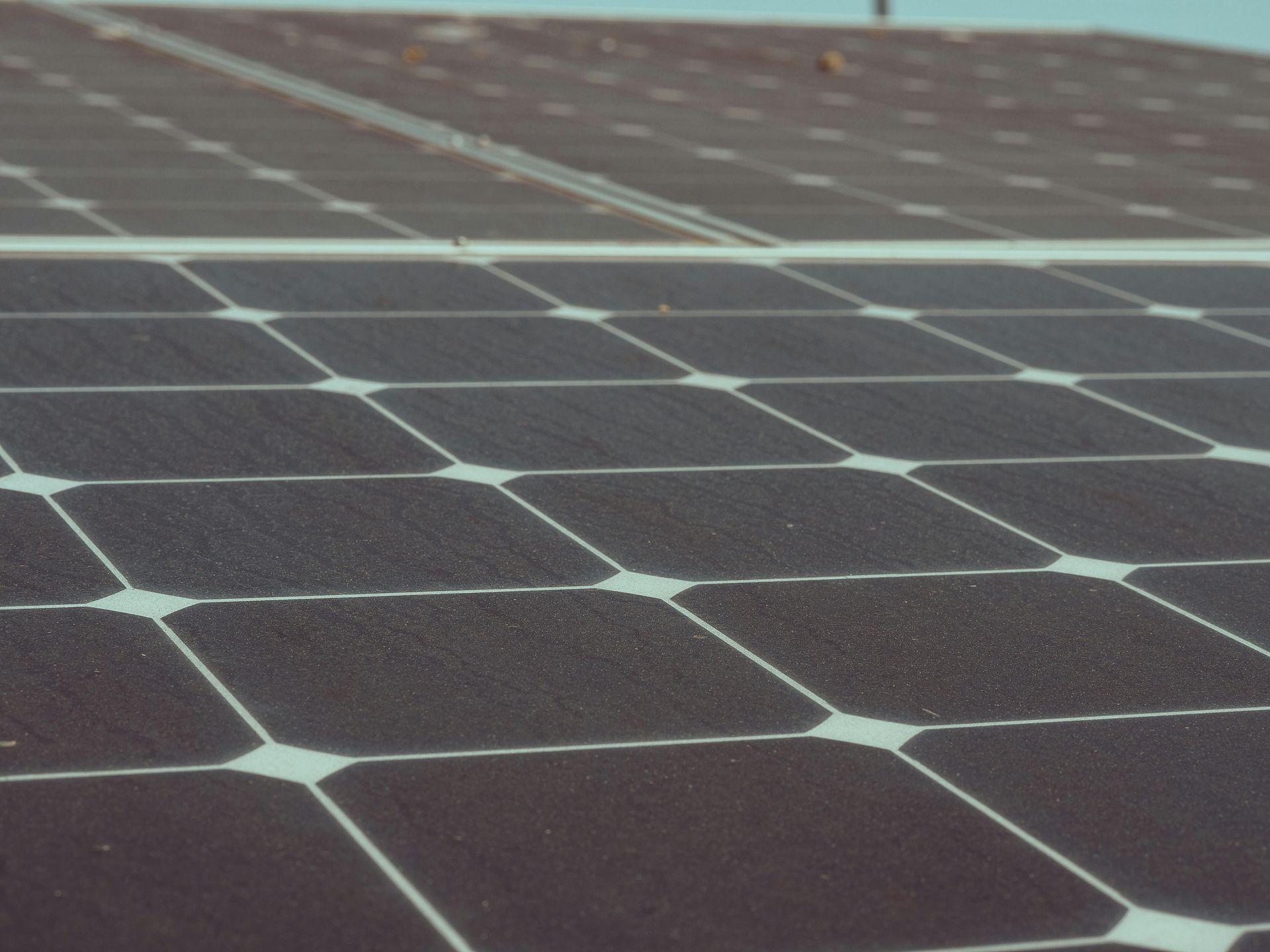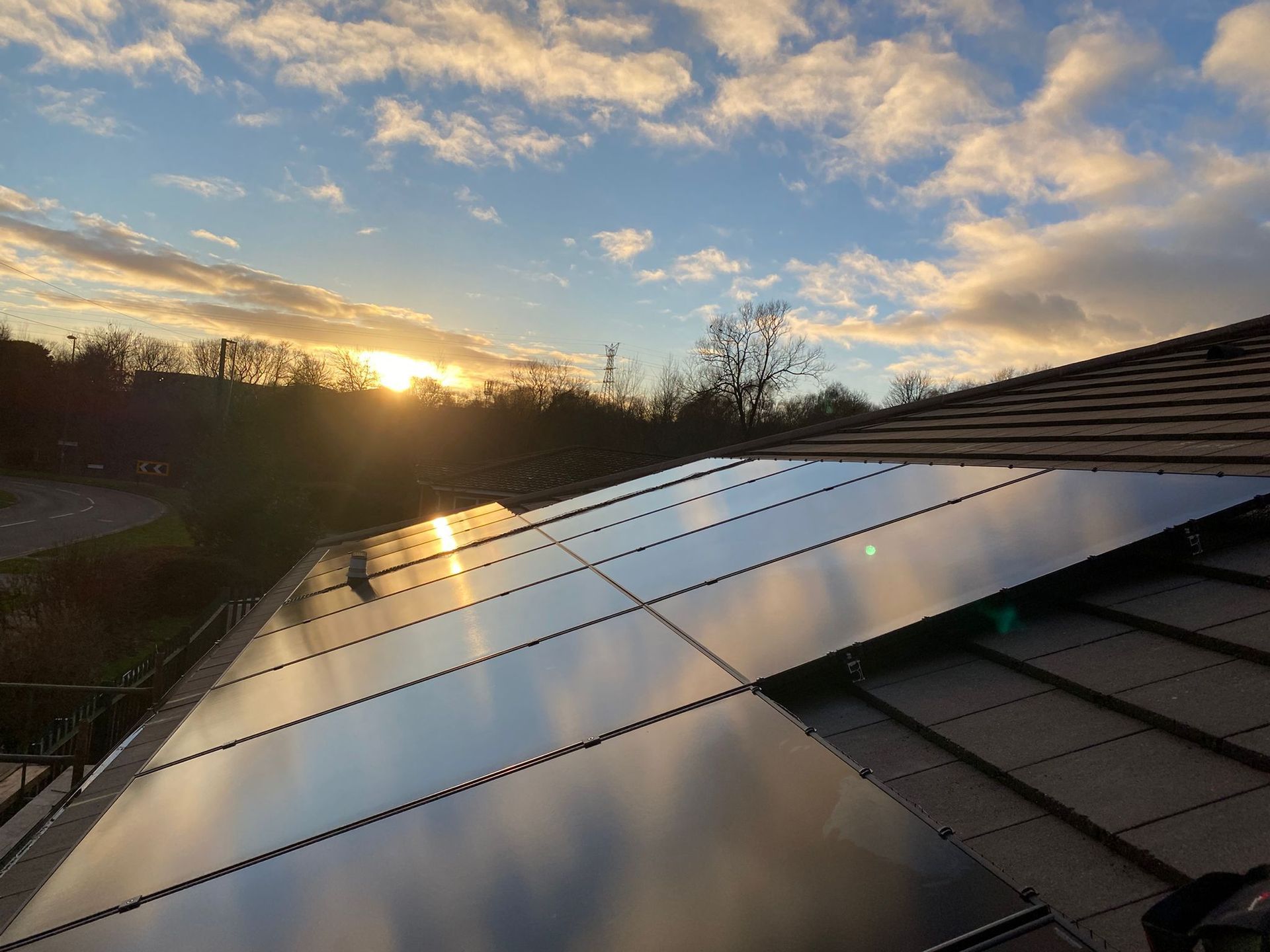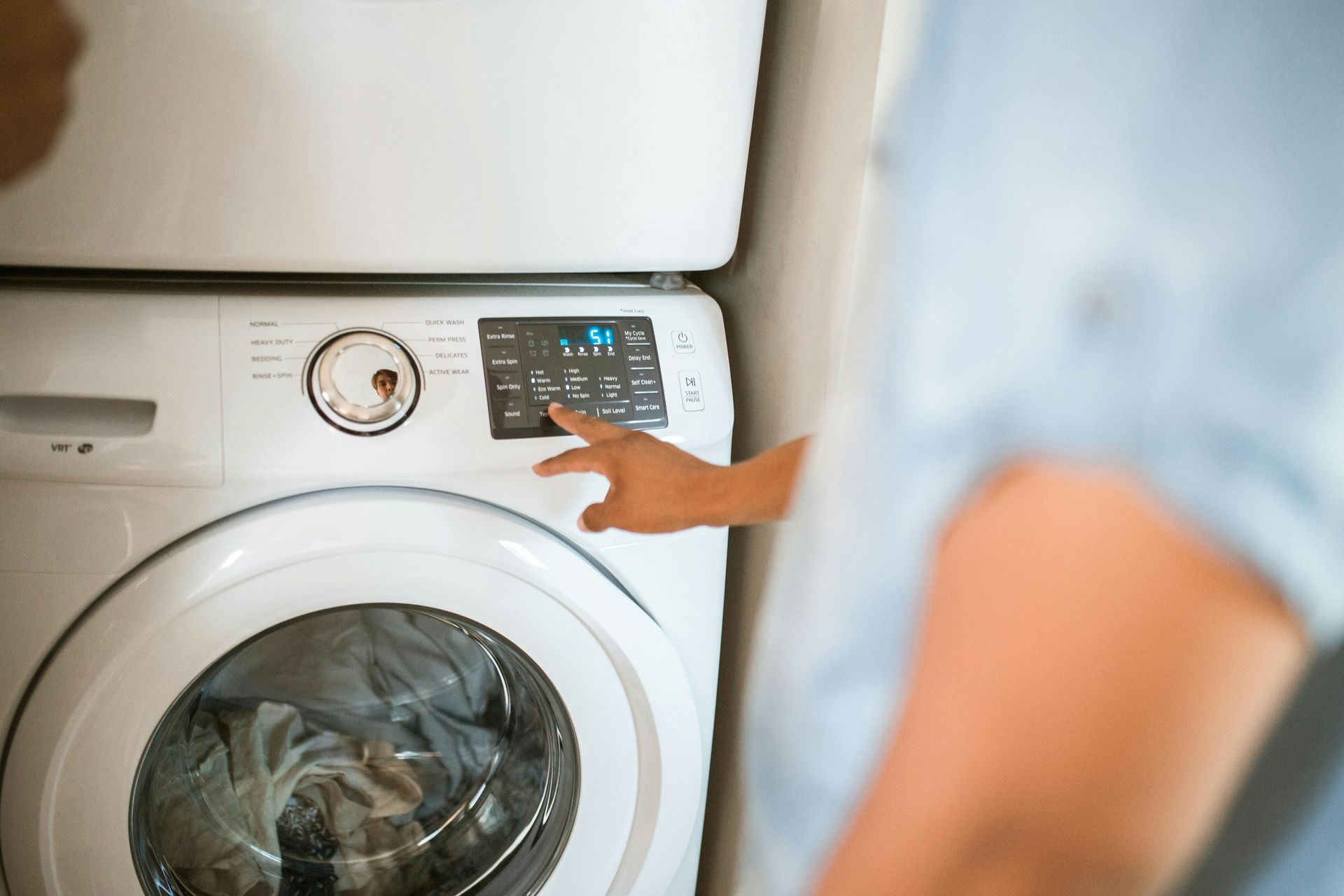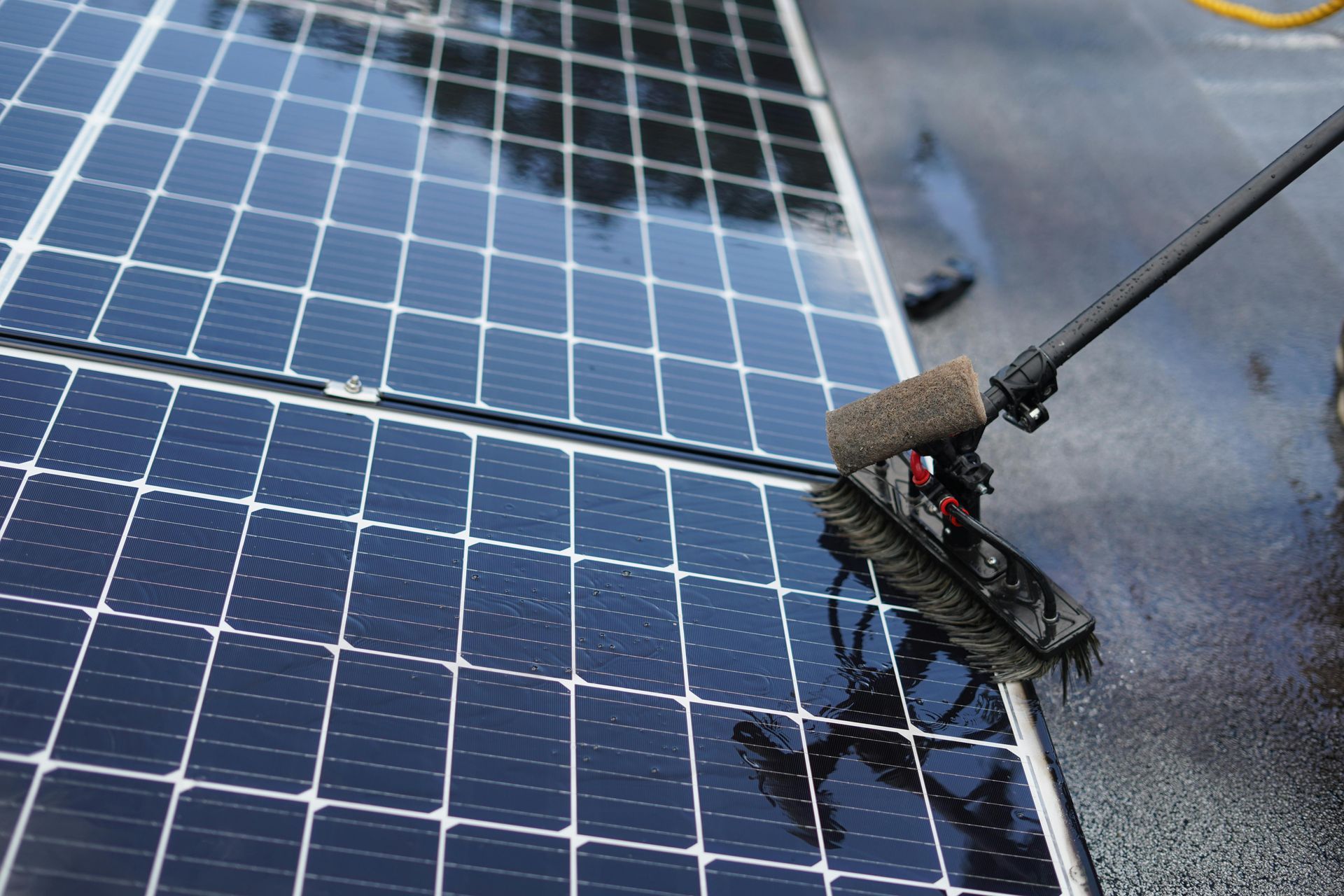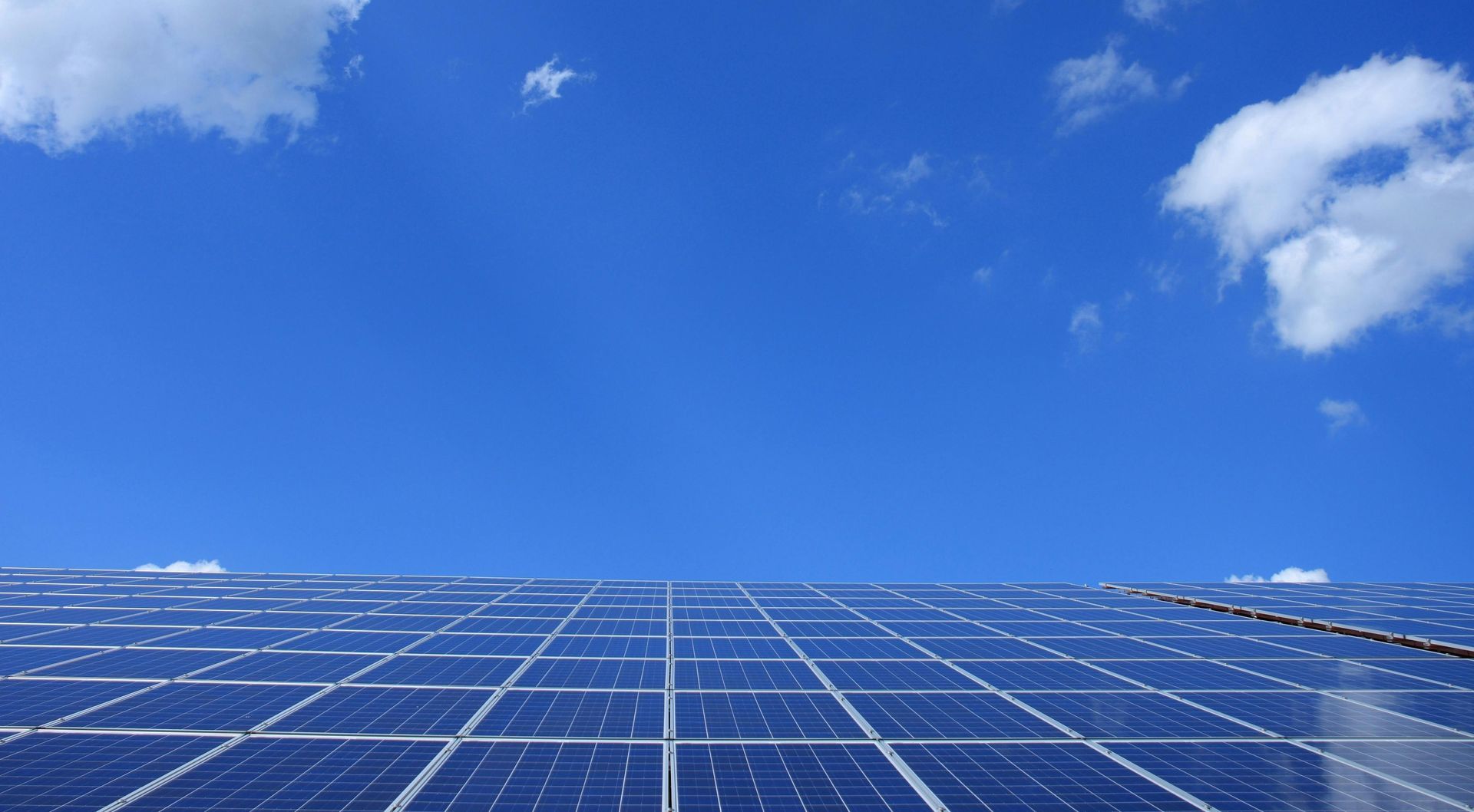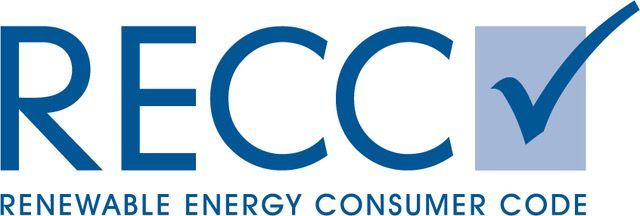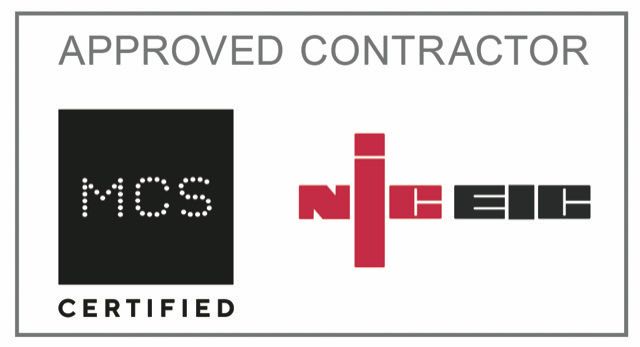A Guide to Alternative Energy Sources
Solar Power, Wind Power and Hydroelectric Power
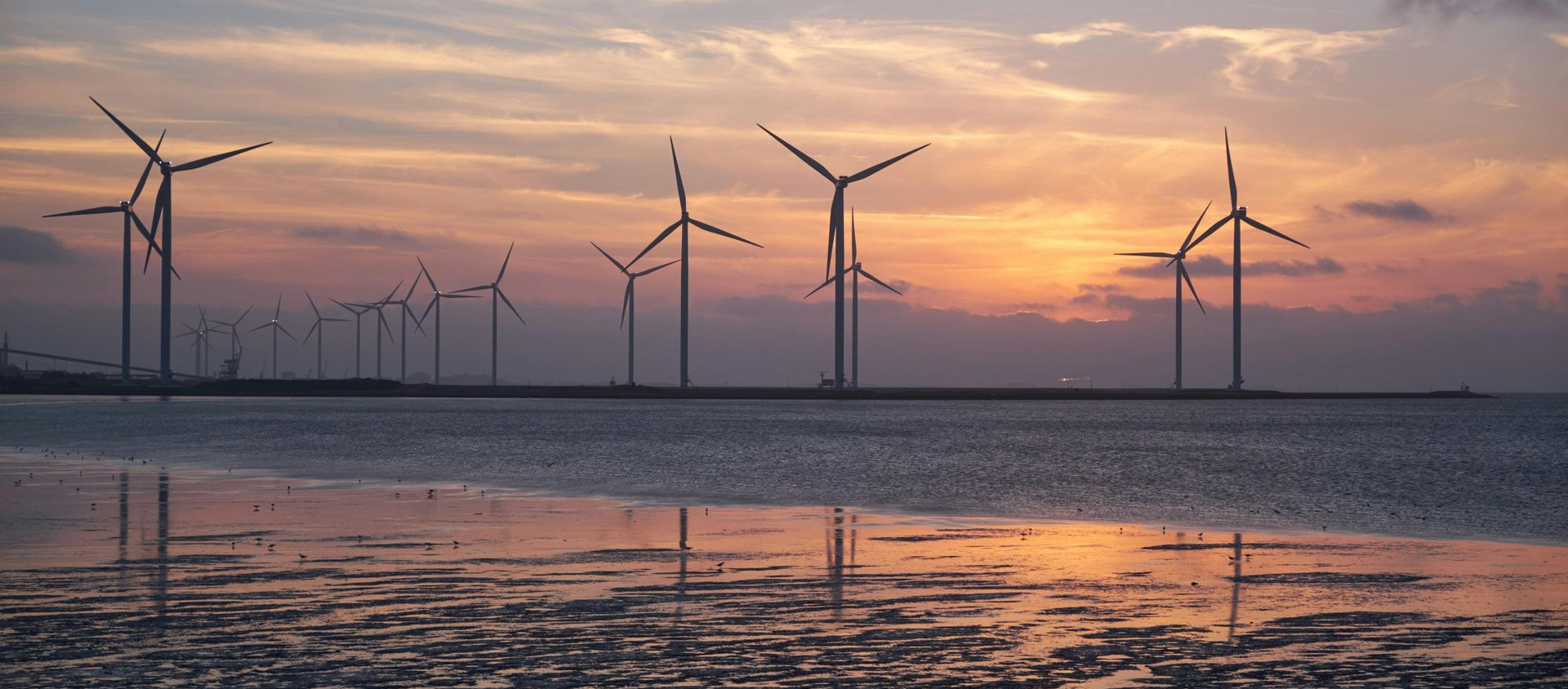
In an era where environmental concerns are at the forefront, the quest for alternative energy sources has never been more critical. Exploring the avenues of solar power, wind energy, and hydroelectric power not only offers viable fossil fuel alternatives but also paves the way for sustainable energy solutions that align with environmental stewardship. As individuals and businesses alike seek to reduce their carbon footprint, understanding the nuances of each renewable resource becomes essential for making informed decisions.
Renewable resources offer sustainable alternatives to traditional energy sources. Here are three key types of renewable energy: solar power, wind energy, and hydroelectric power.
Solar Power: Harnessing the Sun
Solar power is a rapidly growing renewable energy source that converts sunlight into electricity. This clean energy option has become increasingly popular for both residential and commercial applications.
Solar panels, typically installed on rooftops or in large solar farms, capture sunlight and transform it into usable electricity. The technology behind solar power has advanced significantly in recent years, making it more efficient and cost-effective.
One of the main advantages of solar power is its scalability. Homeowners can install a few panels to offset their energy consumption, while large-scale solar farms can generate electricity for entire communities.
Wind Energy: Capturing the Breeze
Wind energy harnesses the power of moving air to generate electricity. This renewable resource has seen significant growth in recent years, particularly in regions with consistent wind patterns.
Wind turbines, ranging from small residential units to massive offshore installations, convert wind energy into electrical power. The blades of the turbine spin a generator, producing electricity that can be fed into the grid or used locally.
Wind energy is particularly effective in open areas with strong, steady winds. While it may not be suitable for all locations, areas with favourable wind conditions can benefit greatly from this clean energy source.
Hydroelectric Power: Water's Potential
Hydroelectric power taps into the energy of flowing water to generate electricity. This renewable resource has been used for centuries and continues to play a significant role in many countries' energy mix.
Large-scale hydroelectric plants often involve dams and reservoirs, while smaller 'run-of-river' systems can be used in streams and rivers. Water flows through turbines, spinning generators to produce electricity.
Hydroelectric power offers a consistent and reliable energy source, especially in regions with abundant water resources. However, the construction of large dams can have environmental impacts that need careful consideration.
Benefits of Green Energy Solutions
Green energy solutions offer numerous advantages, from reducing our reliance on fossil fuels to promoting environmental stewardship and providing long-term cost savings.
Reducing Reliance on Fossil Fuels
Transitioning to renewable energy sources is crucial for decreasing our dependence on finite fossil fuel resources. This shift not only conserves these limited resources but also helps to stabilise energy prices in the long term.
By diversifying our energy mix with renewables, we can enhance energy security and reduce vulnerability to supply disruptions. Countries and regions that embrace green energy solutions can achieve greater energy independence.
The transition to renewables also stimulates innovation in the energy sector, driving technological advancements and creating new job opportunities in the green economy.
Environmental Stewardship: Protecting Our Planet
Adopting green energy solutions is a key strategy in combating climate change and preserving our environment for future generations. Renewable energy sources produce significantly fewer greenhouse gas emissions compared to fossil fuels.
By reducing air and water pollution associated with traditional energy production, renewable energy helps improve public health and protect ecosystems. This shift also minimises the environmental risks associated with fossil fuel extraction and transportation.
Sustainable energy practices contribute to biodiversity conservation by reducing habitat destruction and mitigating the impacts of climate change on wildlife.
Long-term Energy Savings and Cost-effectiveness
While the initial investment in renewable energy systems can be substantial, they often lead to significant long-term savings on energy bills. As technology improves and production scales up, the costs of renewable energy continue to decrease.
Many governments offer incentives and tax breaks for adopting green energy solutions, further improving their cost-effectiveness. These financial benefits, combined with reduced energy bills, can result in a positive return on investment over time.
Renewable energy systems typically have lower operational and maintenance costs compared to traditional energy sources, contributing to their long-term economic viability.
Solar Power For Your Home
Whilst the wind and hydroelectric power options aren't something that can be adapted for the home, solar power is very much here and available. We have installed solar panels at all types of domestic properties and can adapt the system according to you needs. Embracing solar energy can mean less reliance on the energy grid and becoming not just more environmentally friendly but also financially better off too. Talk to us about solar panels for your home and how we can make it work for you.


